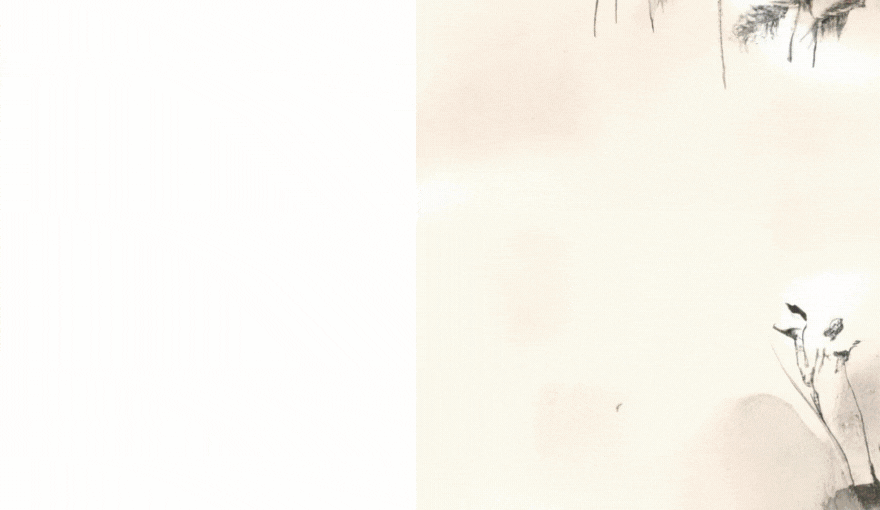
A Korean proverb—백지장도 맞들면 낫다—means "If you lift together, it's better, even if it's just a sheet of paper." This spirit of collaboration has driven the World Bank's Korea Office, whose staff is its soul. Senior Energy Specialist Inchul Hwang shares his experience and reflections on a decade of work.
As the Korea Office celebrates its 10th anniversary, what are your thoughts on the partnership between the World Bank and Korea?
Since the opening of the office, in 2013, the Bank's partnership with Korea has continuously grown, in terms of both staff and programs. At the beginning, there were many questions. What is the best collaboration modality between the Bank and its Korean partners? What kind of themes best highlight Korea's experience and strengths?
We came up with two themes: innovation and technology and green growth. We have hosted green growth clusters, such as Energy and Extractives (EEX); Environment, Natural Resources, and the Blue Economy (ENB); Urban, Resilience, and Land (URL); and innovation technology clusters such as Digital Development (DD) and the Technology and Innovation Lab. We've also worked on traditional knowledge clusters, such as Finance, Competitiveness, and Innovation (FCI) and the Korea Program for Operational Knowledge (K-POK).
At the beginning, Korean stakeholders had little understanding of the Bank's operations and activities. Some people even thought the Bank was a commercial bank! Now Korean partners approach the Bank with their ideas for collaboration based on their full understanding of what it is we do.
What inspired you to pursue a career in development, and how did you end up where you did? Any advice for colleagues starting at the Bank?
Before joining the Bank, I worked at a public energy agency, where I interacted with some senior Bank energy specialists. I admired their passion, expertise, and communication skills. In 2018, I came across a job posting for energy staff at the World Bank's Korea Office. I applied for the job and got it.
My humble advice to newcomers is to have a client-centered mindset. Bank staff needs to listen to clients, not try to teach them.
Can you tell us about a memorable experience you've had working in the Korea office?
The World Bank Energy Forum has been held as a key energy partnership event since 2017. After the first two forums failed to attract enough participants, we and our Korean partners considered discontinuing it. Then I came up with the idea of inviting foreign master's degrees students from Seoul National University and Ajou University. These students are government officials or power utility employees from low- and middle-income countries whose studies are sponsored by the Korean government. I also invited some clients, including the CEOs of utilities from Pacific Island countries, who had a chance to see and be inspired by Korea's cutting-edge energy technologies. The event was packed, and our partner, KEPCO, was very pleased. The event is now a staple of the Bitgaram International Exposition of Power Technologies (BIXPO).

What do you enjoy most about living and working in Korea?
I love the reliable infrastructure and safety. You can leave your things on the table at a café or restaurant and go to the restroom without worrying that they'll be taken. You can retrieve your phone or wallet even if you leave them on the bus or metro. People walk around at midnight. Medical service is excellent and affordable, because of mandatory national medical insurance system. And in many residential areas, almost everything is walking distance.

What's your favorite Korean food, and can you recommend any must-try dishes to your colleagues?
My favorite food is Hong-eo, sliced raw skate. It is a fermented food and its smell is notorious. Enjoying it takes time.
Kimbab is a Korean dish made from steamed rice and ingredients such as vegetables, fish, and meats that are rolled in dried sheets of seaweed and served in bite-sized round slices. Every Korean has a memory of eating kimbab with friends during school outings. Each city has its own famous kimbab place.
What's something that most people don't know about you but that you're happy to share with your colleagues?
Most people think of me as a city boy, but I grew up on a remote island in the south of Korea. There was no electricity when I was in elementary school; kerosene lamps were the only light at night.
When I was 11, I was almost electrocuted to death after I moved to a port city called Mokpo and ran into electricity service for the first time. A million thoughts raced through my mind as the electricity flowed through my body. Fortunately, I survived. After spending one year in Mokpo, I moved to Gwangju for secondary school and then to Seoul for college. Now I'm sitting at the office in Songdo, west of Seoul. I have become a city man, working on electrification projects in remote rural areas. I was born on an off-grid island and now work on bringing electricity to off-grid areas.
Read more about Inchul's current work on Grant Success Story: Year 7 (Regional E-mobility and Battery Storage Programmatic TA for Pacific Island Countries and Territories).
[The original article of the story can be found here.]
